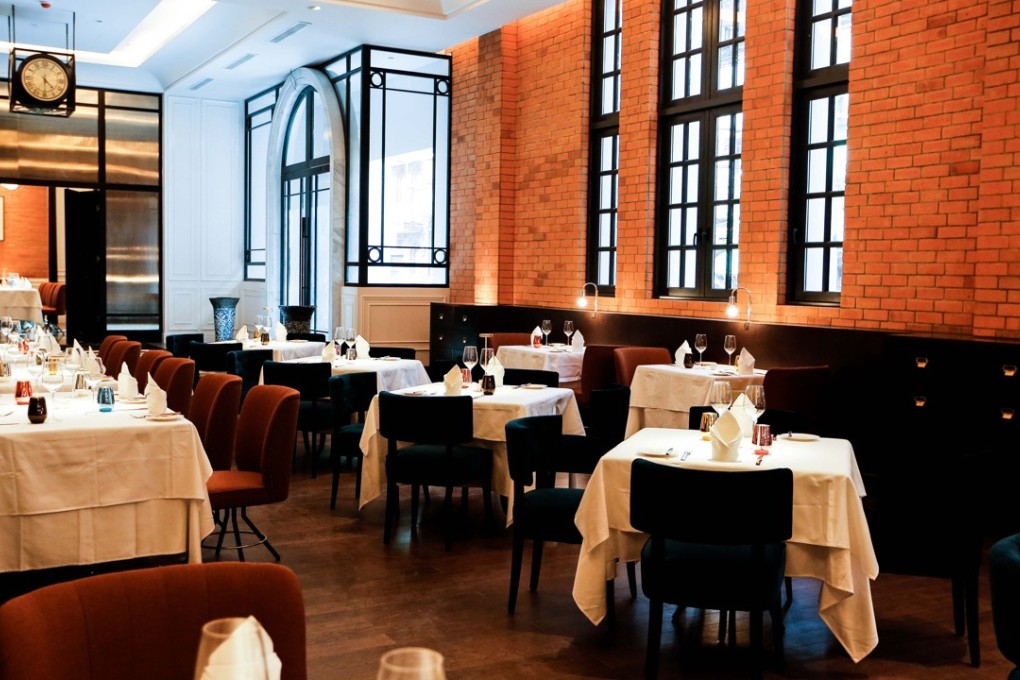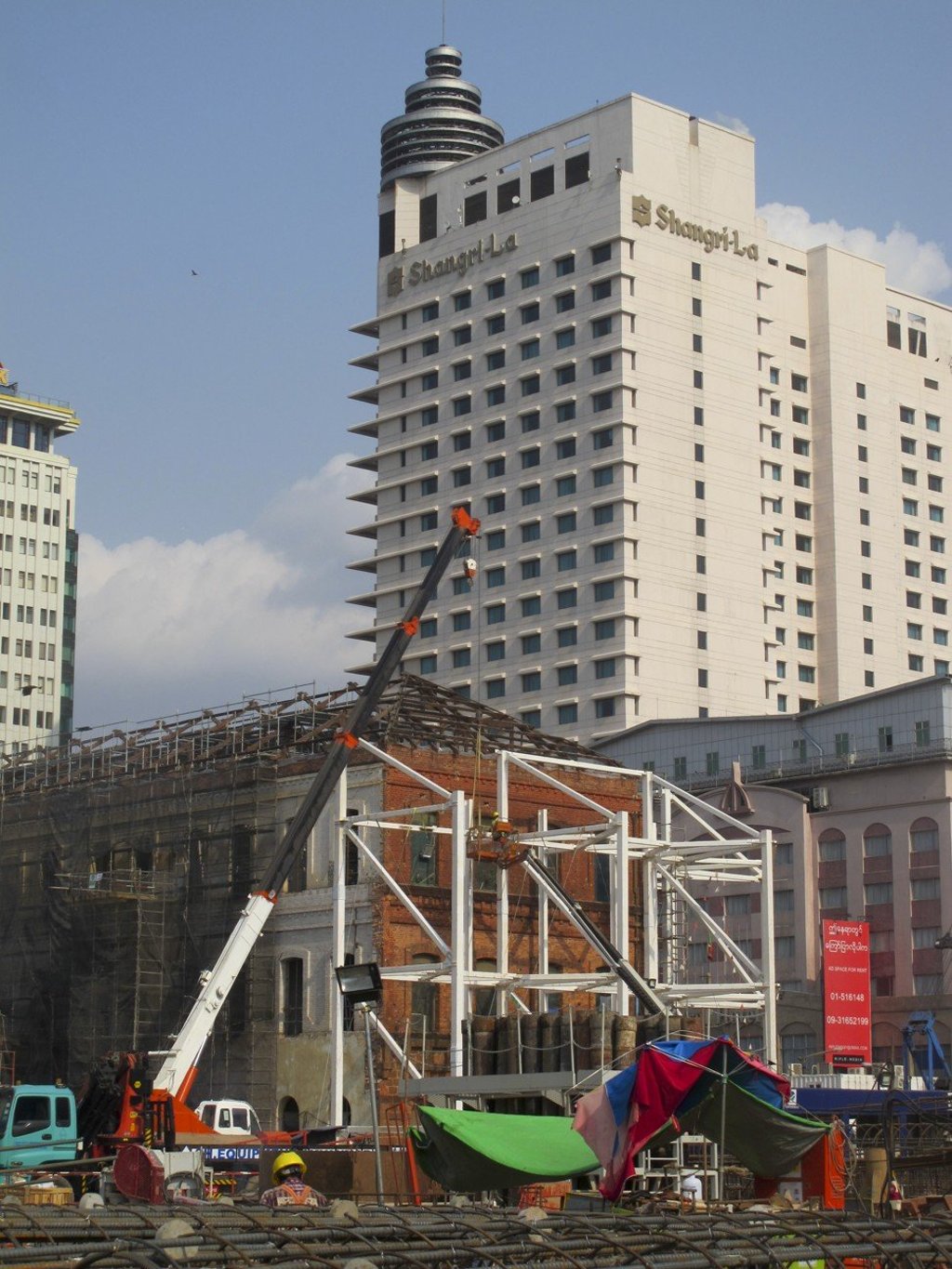Why new heritage hotels in Yangon, Myanmar, are banking on Asian tourists – not Westerners – to survive
Three luxury heritage hotels will open in Yangon in the next two years, but with the Rohingya crisis turning Western tourists off Myanmar, they must rely on travellers like the Chinese, who are visiting in ever greater droves

Next month the 74-room Yangon Excelsior – a renovation of the British colonial-era Steel Brothers company headquarters on Bo Sun Pat Street, Yangon – will welcome its first visitors.
In December, or thereabouts, the stunning Rosewood Yangon – a makeover of the New Law Courts building on Strand Road, completed in 1931 – will open, adding 166 rooms to the luxury heritage hotel market in Myanmar’s former capital. The property will be managed by Rosewood Hotels & Resorts, owned by Hong Kong-based New World Development.
In 2020, the Peninsula Yangon Hotel, a challenging renovation now under way of the former headquarters of the Burma Railways Company, is scheduled to open on Bogyoke Aung San Road, in the middle of Yangon’s Central Business District. The hotel will be run by a joint venture between the The Hongkong & Shanghai Hotels and Myanmar’s Yoma Group.
The Excelsior, Rosewood and Peninsula are all on sites dating back to the British colonial era in Myanmar (1886 to 1948), then called Burma. Yangon already boasts three “heritage” hotels – the iconic Strand Hotel (founded in 1901 by two of the Armenian Sarkies brothers, who also started the Raffles Hotel in Singapore), the Belmond Governor’s Residence and the Savoy Hotel.

Yangon, thanks to Myanmar’s unique modern history of colonial rule followed by five decades of relative economic isolation (1962 to 2012), is a treasure trove of architectural relics. There are at least 189 public buildings listed as “heritage” sites by the Yangon City Development Committee, which are gradually being leased out to the private sector to be refurbished as hotels, office blocks, restaurants and retail outlets.
The tenants of such properties are contractually obliged to work closely with the committee and the Yangon Heritage Trust to preserve the authenticity of the buildings. This can be an expensive proposition.